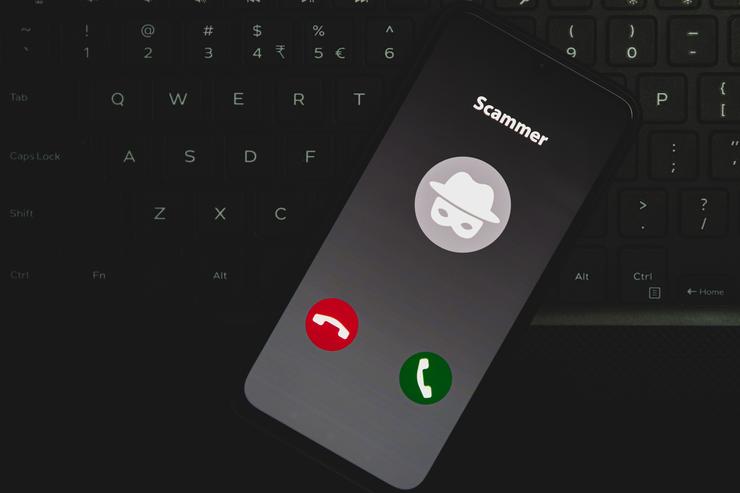While using Tinder, be careful to not interact with strangers. Always put your safety first and avoid giving out personal information to someone you do not know. Sending money over a wire transfer is like sending cash and it is almost impossible to trace or reverse the transaction. Also, never give out your financial details. These are often used by scammers to access your financial accounts. Be wary of the messages you receive from people who claim to be your match – is flirt for date legit.
The Code Verification Scam
If your matches ask you to verify your profile, be suspicious of their request. If they ask for your credit card number, it’s a scam. In some cases, they may even send you links to third-party apps asking for your personal information. When you click on these links, you are signing up for adult websites and risking your credit card’s security. Be careful about people who ask for your personal information via third-party apps. Instead, you must directly request verification from Tinder itself.
Another scam that is common on Tinder involves suggesting a specific venue to meet. Most people prefer chatting before suggesting a meeting. Instead, suggest an alternative place to meet and avoid paying for expensive dinner. If you’re meeting someone you don’t know, make sure to suggest an alternative location. A scammer won’t ask you to meet at an unusual location to get money. You’ll be better off meeting at an alternative location instead.
The Tinder Blackmail Scam
If you don’t know how to spot the scammers on Tinder, keep an eye out for these common practices. One of the most common scams on Tinder is requesting you to check your Tinder level. This involves sending you an email that asks for your personal information. Usually, it includes a line about updating your information on Tinder or asking you for money. In some instances, a message from a “match” on Tinder will request you to confirm your level before initiating interactions.
The Malware Scam
The most common scam on Tinder is account verification. This scam involves a fake match asking you to verify your account. In this case, the scammer is likely a fake and the person will be claiming that they’re a real person. But, it’s worth noting that Tinder doesn’t require you to provide your phone number to get a fake match. If you’re meeting a random stranger, you should only share your contact details in the app.
Another common scam on Tinder is the account confirmation scam. This scam involves an email or a book asking you to confirm your Tinder account. It can include a message asking you to update your documents or verify your bank account. This type of scam is also called “catfishing.” These messages are designed to lure you into paying for a subscription to a fake site. If you receive such a message, you’ve probably been tricked into entering your personal information.
The Catfishing Scam
The first Tinder scam is the account verification scam. You may receive an email or a text asking you to verify your account. This message will ask you to enter your account details before the person can communicate with you. Once you’ve verified your account, the person will be able to communicate with you on the app. If the other person is sending you messages through email, simply block them and move on to the next one.
Aside from scammers, Tinder scammers may ask you to send money to their fake accounts. These scammers will ask you to send money or provide your credit card details to secure their account. This is a common practice of these scammers, as they’re more likely to ask you for money. It’s a bad sign when a potential match is asking you for money before they meet in person.
The Photo Scam
Another Tinder scam involves paying for nude images. The scammers will use fake account to pretend to be a real person. While this can be frustrating, it’s best to avoid these people. Fortunately, there are many tips that can help you avoid falling victim to these scams. The first step is to be aware of your surroundings. Whether you’re in a public place or a private room, you should always stay alert.

is an American author, blogger, and cybersecurity specialist based in Florida. He developed an interest in writing during his school years, which later led him to create content aimed at raising awareness about various forms of online scams, particularly in the world of online dating.
On his platform, Scam Service Report, Hall shares analytical articles and practical advice to help users recognize and avoid traps set by scammers on dating websites. He describes common scam scenarios in detail—such as quick declarations of love, urgent requests for money transfers, refusal to engage in video chats, and attempts to move conversations off the dating platform.



